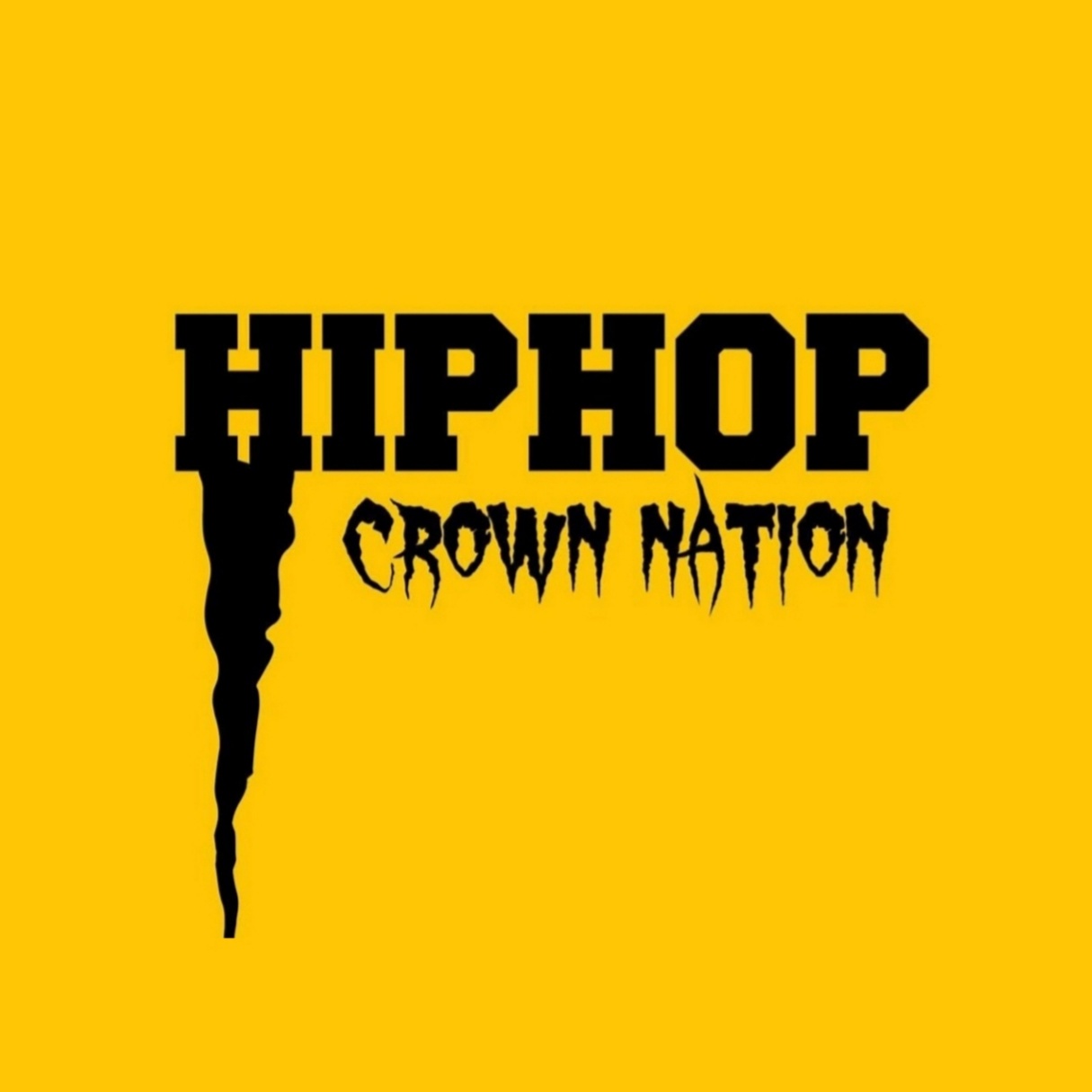The Notorious BIG Died 25 Years Ago Today
- HIPHOP CROWN NATION

- Mar 9, 2022
- 2 min read
Updated: Mar 10, 2022
On this day, March 9, in hip-hop history.

It's been 25 years since Biggie Smalls was killed
1997: Every year since the death of The Notorious B.I.G. on March 9, 1997, hip-hop has paid homage to one of the most legendary lyricists of all time.
On that day Twenty-five years ago, just after midnight, Christopher Wallace, a.k.a. the Notorious B.I.G.—hip-hop’s biggest artist at the time and arguably the greatest rapper ever—was shot dead in the passenger seat of a green Chevrolet Suburban after leaving a Vibe magazine party in Los Angeles. Paired with Tupac Shakur’s also-unsolved murder six months earlier, Biggie Smalls’ demise set off a whirlwind that rerouted the course of music history. Nas once told Zane Lowe that he thought Biggie’s death marked “the end of rap.”
The rapper, born Christopher Wallace, was gunned down during a drive-by shooting in Los Angeles in 1997. In an autopsy report released in December of 2012, it stated he was hit by four bullets, killed only by one. No arrests were ever made in the case.
Biggie was Bad Boy’s franchise player—his death sent the label into crisis mode. In order to keep the wheels turning, rising artists like the Lox rallied around Puff Daddy. The Bad Boy founder and producer was already transitioning into a recording career of his own—his debut album Hell Up In Harlem was pending. After Big's murder, it became No Way Out.
Puffy’s own superstar ambitions were undeniably boosted by Biggie’s absence. The Brooklyn MC, who is credited as an executive producer of No Way Out, had already laid his parts for “It’s All About The Benjamins (Remix),” “Been Around The World,” the Jay Z-featured “Young G’s,” and “Victory,” before his death (he also wrote Puff’s verses for the latter). Setting aside the double-disc Life After Death, Puff’s maiden release was the immediate source of new Biggie material, helping push the album’s sales to 7 million units. Plus, the Grammy-winning No. 1 pop tribute “I’ll Be Missing You” made mourning Biggie through music both cathartic for fans and profitable for Puff. Still, by the time his 1999 follow-up Forever dropped, Bad Boy felt like a label in desperation—Double Up by Mase and Biggie’s posthumous Born Again were the only other LPs Bad Boy released that year. If Biggie had lived, would No Way Out have been just a modestly successful one-off project for Puff Daddy, a way of testing the waters? Or would it have pushed Biggie further in the direction of the lyricist-slash-exec role he’d already flirted with in launching Junior M.A.F.I.A.? Even if Sean Combs went on to have a successful solo career with Big in the picture, it’s hard to fathom his star shining as brightly as it has.
Now 25 years after his death, Biggie’s legacy will never be forgotten.









Comments